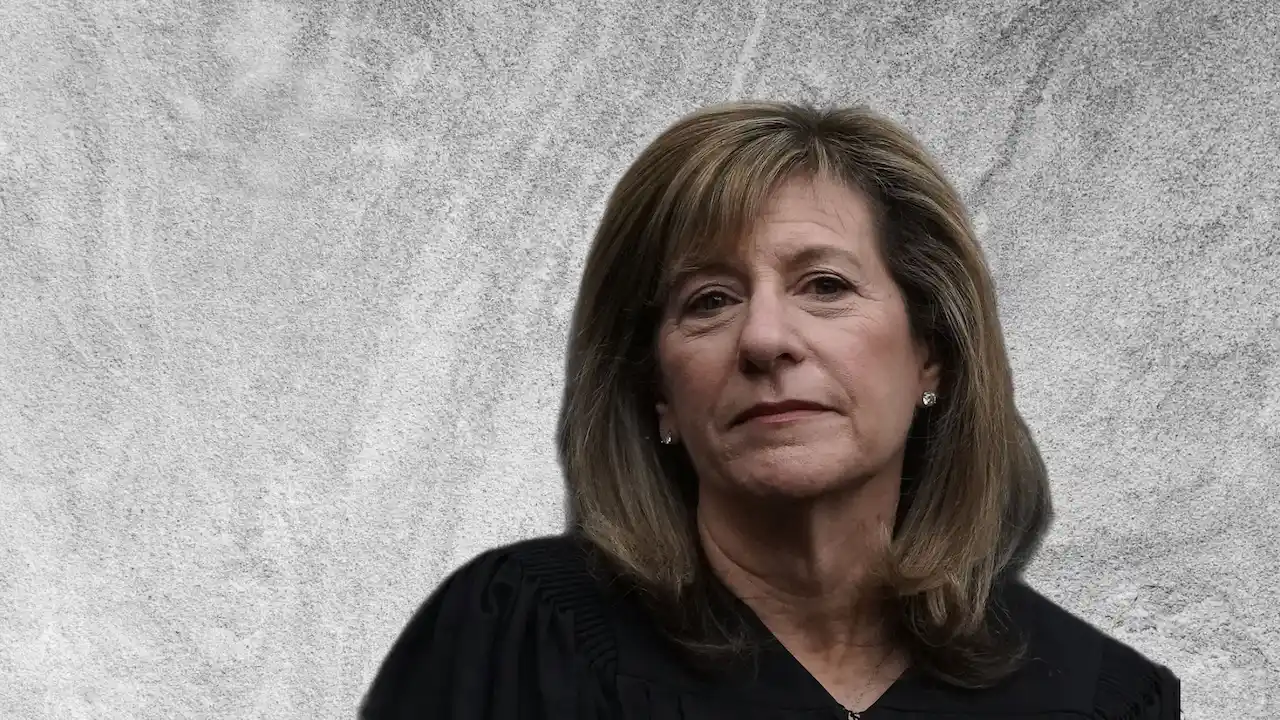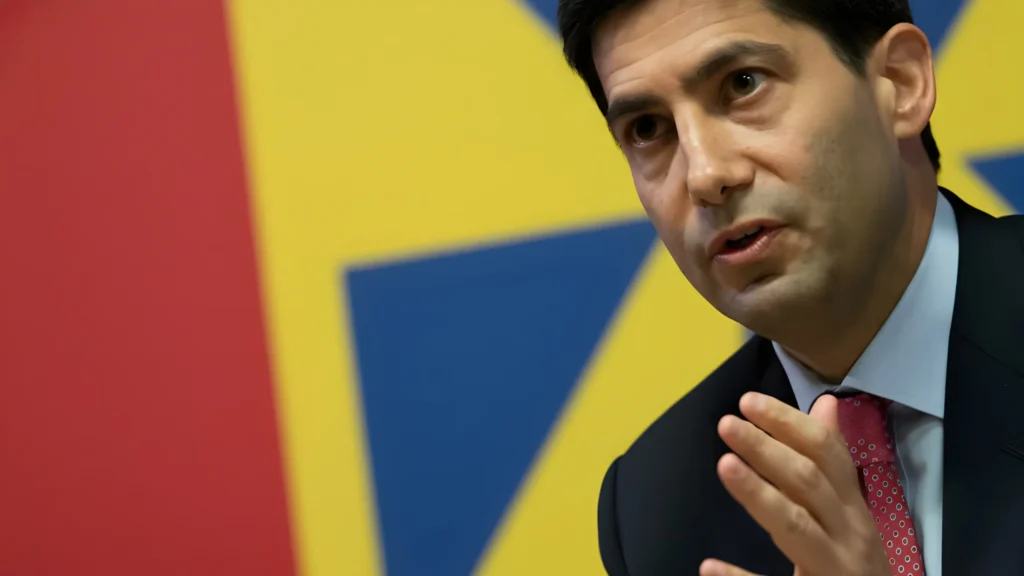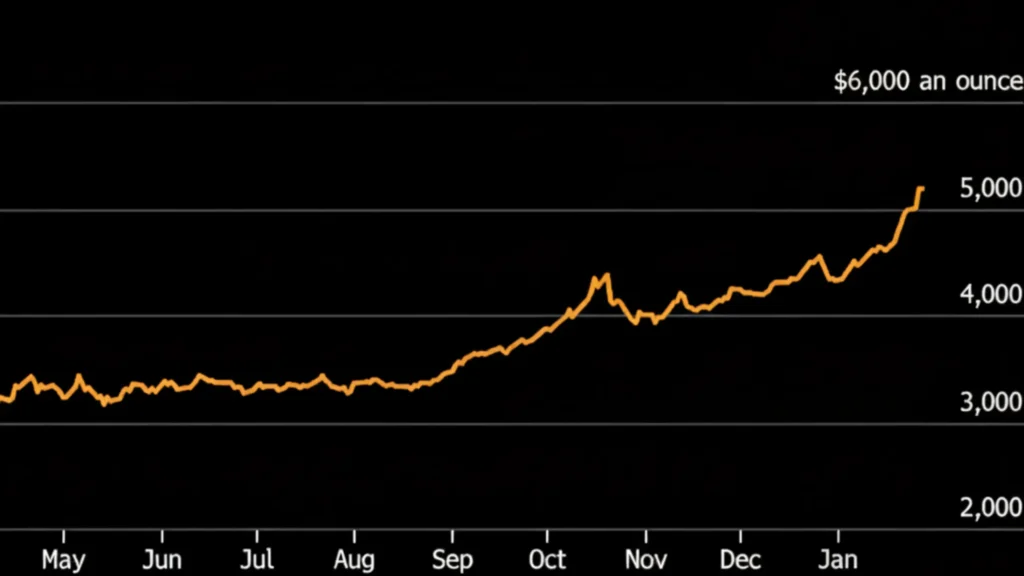In a plot twist that likely made Donald Trump slam his Diet Coke down in frustration, a U.S. judge ruled that his firing of a federal watchdog chief was illegal.
Yes, you heard that right—turns out, presidents can’t just fire whoever they want whenever they feel like it. Who knew?
The drama began when Trump decided to give Hampton Dellinger, the head of the Office of Special Counsel, the good old “You’re Fired” treatment.
The problem? Dellinger’s job is to protect whistleblowers—which, let’s be honest, isn’t exactly a role Trump has ever been thrilled about.
But U.S. District Judge Amy Berman Jackson wasn’t having it. She had already ruled that Dellinger could keep his job while she figured out whether Trump’s decision was actually legal.
And now, she’s come back with the verdict: Nope, Trump, you can’t do that.
This isn’t just another “Trump vs. the legal system” headline—though, let’s be honest, we get one of those every other day. This case is a big deal because it tests just how far a president’s power goes when it comes to firing officials.
And since Trump isn’t exactly the type to take legal setbacks quietly, this one is probably heading to the U.S. Supreme Court, where we’ll all get to witness yet another legal showdown over what a president can and cannot do.
For now, Dellinger gets to keep his job, Trump is (probably) furious, and the Supreme Court is bracing for yet another presidential power battle.
For now, Trump is mad, Dellinger keeps his job, and the legal system is gearing up for another round of ‘Who’s Really in Charge Here?’
Her key takeaway? Presidents don’t get a “bully pass” to fire officials just because they’re inconvenient.
After the ruling, Dellinger made it clear he’s not backing down, stating:
“My efforts to protect federal employees generally, and whistleblowers in particular, from unlawful treatment will continue.”
Translation: “Nice try, Trump, but I’m still here.”
Trump Team: ‘This is an Attack on Presidential Power!’
The Justice Department has already appealed the ruling, meaning this case is likely heading to higher courts.
If it reaches the U.S. Supreme Court, it could set a major precedent on how much power a president has to fire officials.
Dellinger stays in his role for now—so federal whistleblowers can still report misconduct without fearing instant retaliation.
A Watchdog That’s Afraid of Being Fired? That’s Not How This Works.
Judge Jackson didn’t just rule against Trump—she pointed out the irony of the whole situation, writing:
“It would be ironic, to say the least, and inimical to the ends furthered by the statute if the Special Counsel himself could be chilled in his work by fear of arbitrary or partisan removal.”
Translation: “If the guy in charge of protecting whistleblowers can be fired on a whim, what’s the point?”












Leave a Reply